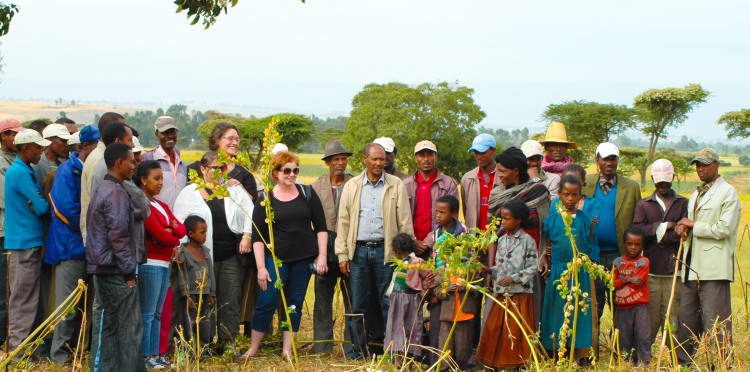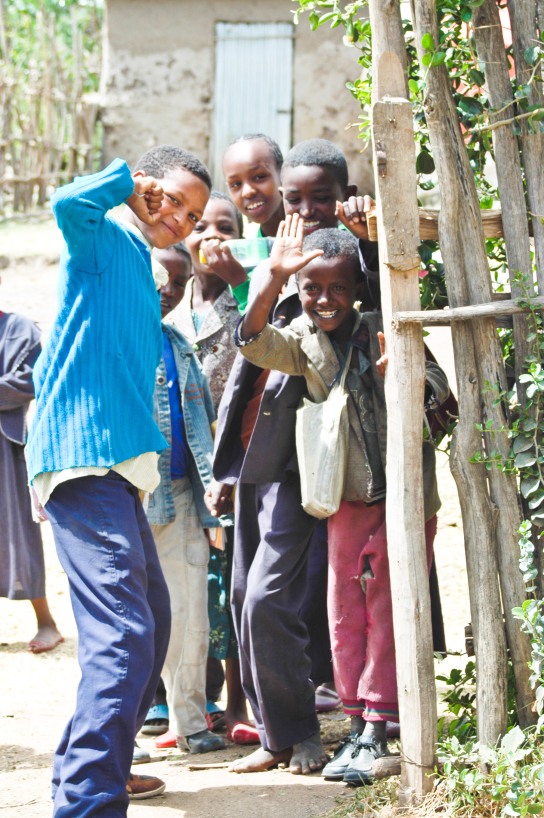As I was bopping around the interwebby thing today, putting off adding to the Dead of Winter Bash’s auction database, I bounced from blog to blog, and landed on this little gem. Rachel, of If it Takes a Whole Life shared this terrific piece about raising Jewish kids. Noting the similarities between keeping religion and keeping culture, Rachel drew some terrific parallels–enjoy:

A number of months ago, while Gabriel was in Sunday school, the rabbi at our synagogue asked all the parents to stay for a short talk on raising Jewish kids. Since it meant I was going to miss some quality coffee and pajama time at home with Kevin and Clementine, I hadn’t exactly been looking forward to going.
Once the rabbi got talking, however, I found myself digging in my bag for a pen, wanting to write down every word he said. He presented a top 10 list for raising Jewish kids–note, Jewish kids, not necessarily spiritual kids. He didn’t promise that the tips would help us raise kids who feel connected to God but he thinks that, if you follow these 10 recommendations, you stand a decent chance of giving them some of the tools they’ll need to potentially tap into their own spirituality as they grow up and mature.
Part of the reason I wrote so furiously over the course of the next hour was because I immediately saw how a list of ways to impart a sense of Jewish identity in my children was not very far removed from a comparable list of ways parents might reinforce their internationally-adopted kids’ cultural identities as well.
10. Have Jewish “stuff” around the house. Don’t just pull it out once a year to celebrate a holiday but keep it out where it blends into the fabric of the household.
Just like menorahs, mezuzahs, haggadahs, Jewish art, and children’s books with Jewish themes all reinforce children’s religious identities, the same types of purchases and thoughtful placements around the house can reinforce their cultural ones.
9. Think of religious school as an education that doesn’t end at bar mitzvah but rather goes through high school.
In the adoptive playgroups we have taken advantage of (and even helped establish) for our own kids, I can sense that it will get harder and harder to get scores of kids together, especially as they grow older. As their homecomings fade into the distant past and children make their own school friends, relying less on their parents to arrange their social interactions, I can see how it’ll fall to us as parents to keep prioritizing these activities and, ultimately, friendships.
8. Come as a family to synagogue on Rosh Hashanah and Yom Kippur. Take off work and keep your kids out of school.
For those of you who aren’t Jewish, this may seem like a silly one. Like, really, we need to be told to go to temple twice a year? Ummm, yeah. We Reform Jews don’t always make it to synagogue as often as we should… that whole Friday night thing is a bit of a hindrance. Plus, regular Friday night services start at 7:30, which would just be hilarious to attempt with Clementine. What our rabbi’s really getting at here… celebrate the holidays. Make them a big deal, even if you do nothing else throughout the year. I’m guilty lately of barely acknowledging our own American holidays, let alone those in Guatemala and Ethiopia. I’d like to get better at this.
7. Observe birth, adolescence, marriage and death in a Jewish context. Assume you’ll do it that way.
Kevin and I had a Jewish wedding despite the fact that Kevin’s not Jewish. We held a Bris for Gabriel soon after we adopted him. I’m a little consumed with the whole Greece thing right now but, mark my words, a naming ceremony is in Clementine’s not-so-distant future. In other words, we’re raising a Jewish family and we do assume that we’ll mark life’s largest moments in a Jewish context. A bigger question for me is, “What would it even look like for us to observe those same moments in an Ethiopian context? A Guatemalan context?” That tells me I need more education.
6. Belong to a synagogue until you die.
This one, to me, is all about putting your money where your mouth is. Showing up, at least in the metaphorical sense:-) Visibly supporting the Jewish community. If not you, who? To do the same thing for Guatemala and Ethiopia, it means finding meaningful ways to give back to projects in the children’s countries, and it also means reaching out to find ways to help and connect with the communities of Guatemalan and Ethiopian immigrants in our own backyard. (If you’re looking for a great Ethiopian project to support, look no further than right here. Inspiring stuff.)
5. Observe Rosh Hashanah, Yom Kippur, Chanukah, and Passover at home. During Passover, have a Seder. Eat matzoh all week.
A translation for adoptive parents: do the work. Making a Passover dinner is really hard. It’s like Thanksgiving or any other meal that winds up tasting better, the more hours you put into it. It’s easier not to do it. This past year, Dad had just died and we pretended the holiday didn’t exist. One year, when Kevin and I were newly married, we went to our old synagogue’s Seder because I was intimidated by boiling water, let alone cooking lamb. The dinner was sort of lame, and it’d have been better if I’d put my big girl pants on and invited a few friends over to enjoy a meal I’d cooked. I’ve yet to cook an Ethiopian meal. It’s time to get out the berbere.
4. Send your kids to Jewish summer camp.
Just like there are tons of Jewish summer camps out there, there are a growing number of cultural camps designed to help kids, and even entire families, learn about and celebrate their birth cultures. Kids either love camp or they hate camp, and there’s a good chance that my kids will grow up moaning about the year (or better still, years) Mom and Dad sent them to culture camp… but maybe, just maybe, they’ll forgive us because they’ll figure our hearts were in the right place.
3. Plan to give your kids a high school Israel experience.
I went to Israel for the first time when I was 26. I went through the Taglit/Birthright program, which provides free trips to Jews in the diaspora, ages 18-27, who have never been to Israel. The program is really well conceived and executed and it’s wonderful that it’s there but I think that, if I’d known more about Israel at a younger age, I might have made slightly different choices during those pivotal college years. Who knows?
A lot of people say that the ideal time to take a child back to see their birth country is at around age 12, when they’re (hopefully) not yet so jaded that they completely hate hanging out with you:-) Yet, at the same time, perhaps they’re old enough to really remember the experience and feel the full impact of the trip. We took Gabriel back to Guatemala when he was four, with the full knowledge that he wouldn’t remember anything. Truthfully, Kevin and I had really missed it and just wanted to go. We know we may not be able to make a habit of popping down to Guatemala (or over to Ethiopia) every four years but we figure that, at the very least, we’ll do a family trip to each country sometime during their teen years. Our end goal is for both our kids to grow up feeling like their birth countries are accessible to them.
2. Have your kids participate in a Jewish teenage youth group.
This one relates directly back to #9. As our kids age out of playgroups, we need to find ways to build in socialization time with other kids who share their heritage.
1. Regularly observe Shabbat at home.
All right… I’ve got nothing. Kidding, kind of. Okay, it’s a stretch but here goes:
Shabbat (which we don’t observe… shame on us!) is about ushering in the sabbath, the day of rest. It’s about spending time with family. It’s about prayer. And quiet. And contemplation. Observing Shabbat every Friday night is about making time in your life so the spiritual stuff can happen. So maybe I lied when I said this list was about raising Jewish kids and not necessarily spiritual ones. Doing all the stuff on the list is good but finding a little quiet in each week to really listen… to the silence, to your kids, to what they’re saying, to what they’re not saying… that might be where it’s all at in the end.
* Full credit for the Top 10 list goes to our rabbi, who’s gonna have to remain nameless for the sake of our Interwebs privacy:-)
Thank you so much, Rachel, for sharing your post with us! I hope that all of you comment about ways you keep a connection to your child’s culture too. Little tips, big ones–please share!
Paige












